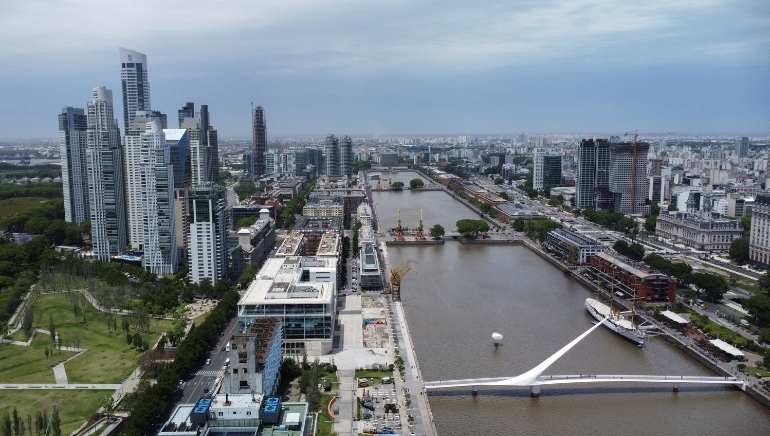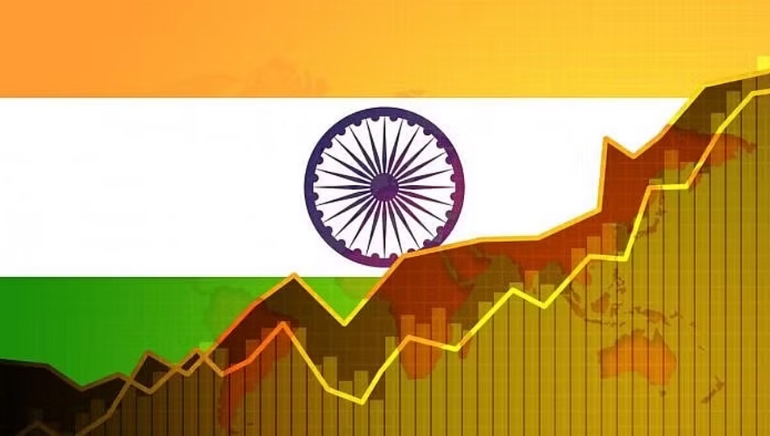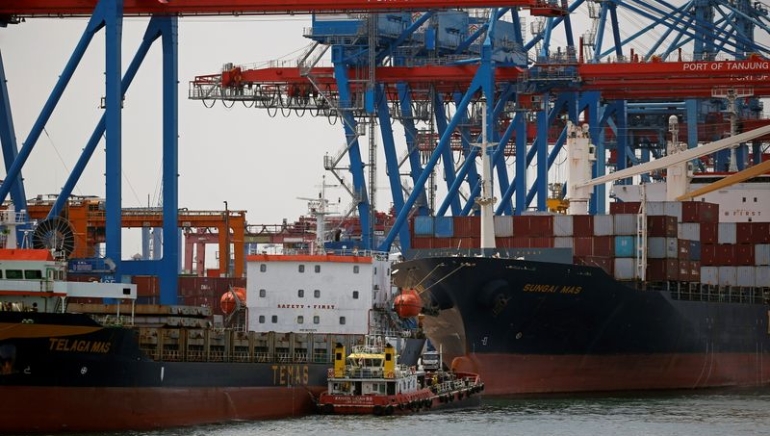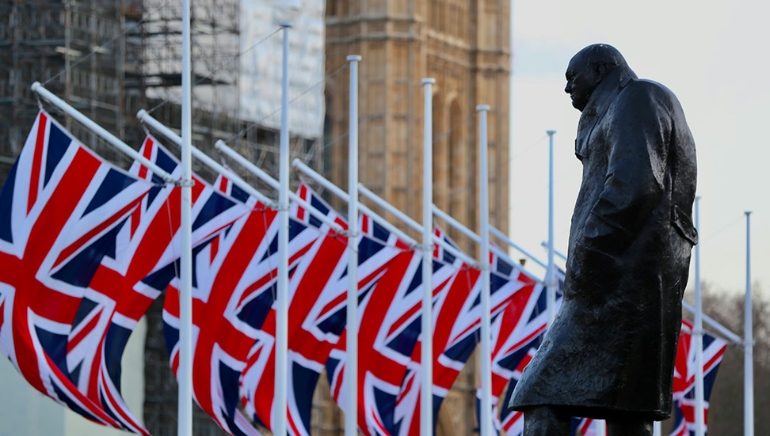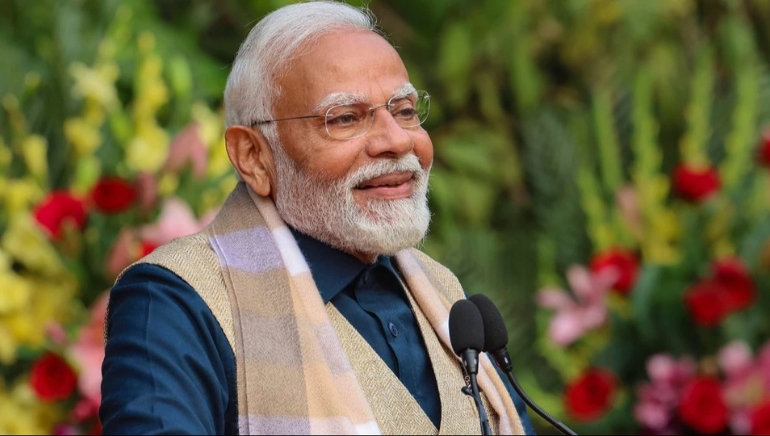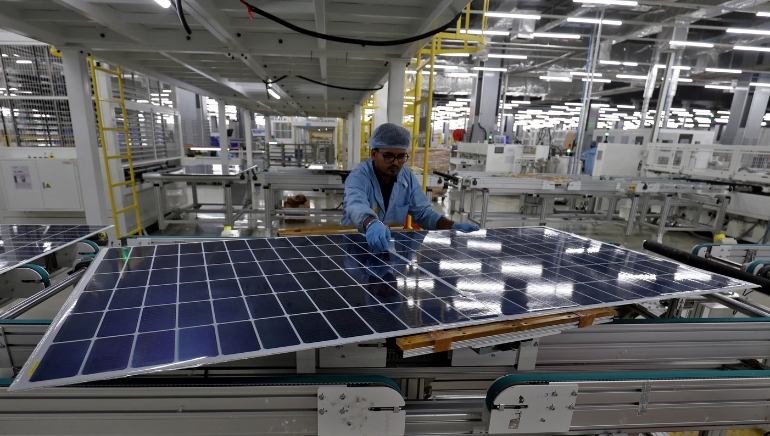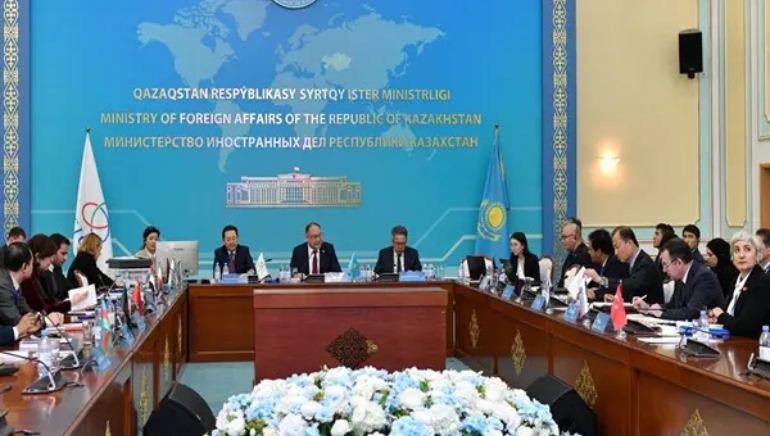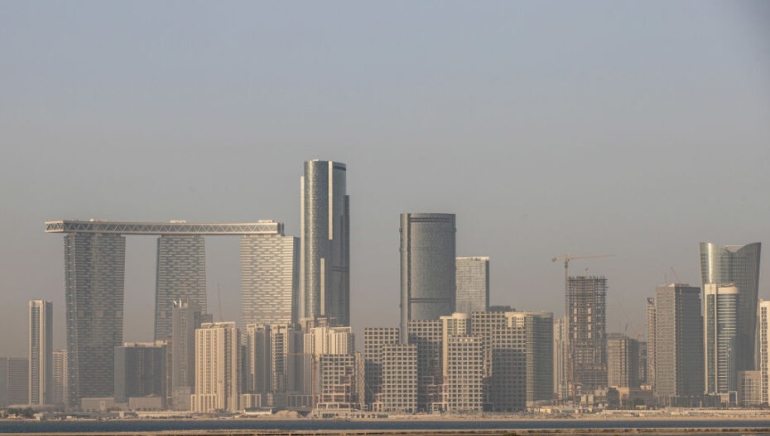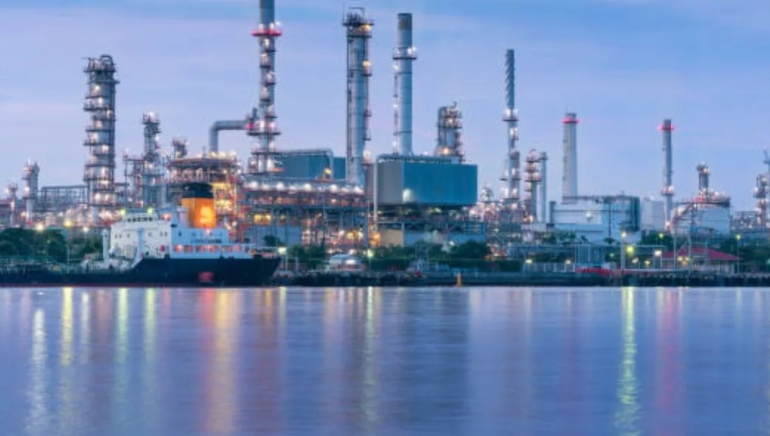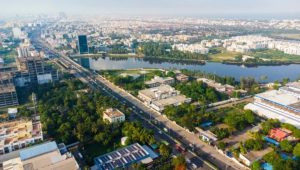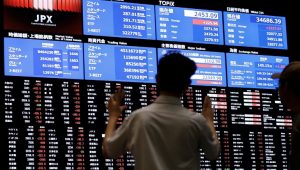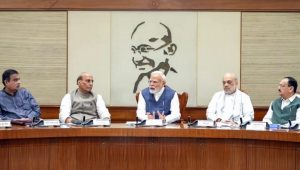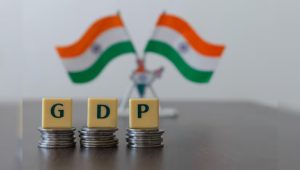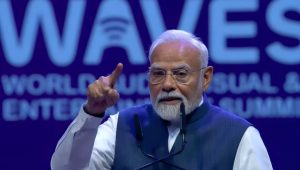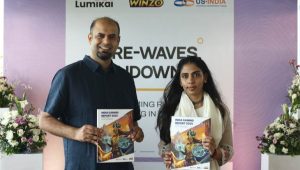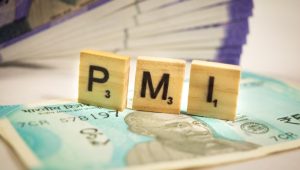Argentina’s economy saw a near 4% boost in the third quarter of 2024, marking the end of its recession. This growth outperformed analysts’ expectations, signaling a shift in economic momentum.
Despite the quarterly growth, overall activity remains below 2023 levels. Argentina’s GDP in the third quarter was 2.1% lower than the same period last year. However, this result is an improvement compared to earlier quarters, which recorded declines of 5.2% in Q1 and 3.4% in Q2.
The INDEC national statistics bureau published fresh data on Monday, confirming the positive shift. Between July and September, GDP grew by 1.6%, marking the first quarterly increase in over a year.
This growth is particularly notable as it’s the first time Argentina’s GDP has risen since President Javier Milei took office last December. After three consecutive quarters of decline, this turnaround offers a glimmer of hope for the country’s economic outlook. Analysts had forecasted more modest growth, but Argentina’s economy has exceeded those predictions. The shift in GDP trends indicates potential stability and recovery, though the nation’s economic activity still has ground to cover to reach 2023 levels. The next quarters will be crucial in assessing sustained progress.





